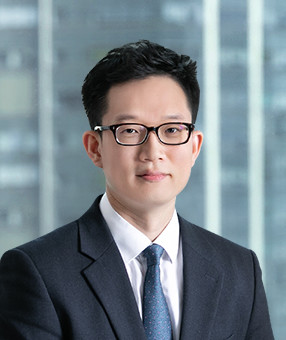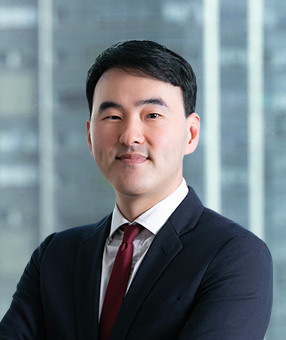A recent amendment to the Enforcement Decree of the Korean Patent Act (KPA) took effect on January 1, 2024 ("Amendment"). The most notable changes are to Korea's expedited examination system and Patent Term Adjustment (PTA) practices, as explained below.
1. Reduced options for seeking expedited examinations
Prior to the Amendment, the Korean Intellectual Property Office (KIPO) offered the following four ways to expedite examinations: (i) when an application is filed under the patent prosecution highway (PPH) program; (ii) when a third party is actively engaging in the use of a claimed invention; (iii) when an applicant is practicing or preparing to practice a claimed invention; or (iv) when an applicant has procured a prior art search from one of the KIPO-designated agencies.
However, the Amendment eliminates the fourth option of obtaining a prior art search from a KIPO-designated agency. This is a significant change since this option is arguably the easiest way to qualify for expedited examination.
In view of this change, we advise applicants who are interested in expedited examination in Korea to plan ahead and explore the remaining options, particularly the PPH program.
2. Expanded scope of 'period of delay attributable to the applicant' for PTA
In Korea, PTA is available where the patent registration date exceeds 4 years from the application filing date or 3 years from the request for examination filing date, with the excess period between the later of these two dates and the patent registration date being eligible to be added to the patent term. However, since a PTA is intended to compensate the patentee for any unreasonable delays by KIPO during prosecution, any "periods of delay attributable to the applicant" during prosecution must be subtracted when calculating the PTA. The Amendment expands the scope of this "period of delay attributable to the applicant" as follows.
- In cases where an applicant requests re-examination of a patent application even after it has been allowed, the Amendment newly recognizes as a "period of delay attributable to the applicant" the entire period from the applicant's receipt date of the Notice of Allowance to the date of the re-examination decision.
- In cases where an applicant requests re-examination of a patent application in response to a rejection, the "period of delay attributable to the applicant" previously only included any time extensions obtained by the applicant on the deadline to file the re-examination request. After the Amendment, the entire period from the applicant's receipt date of the Notice of Rejection to the date of filing the petition for re-examination will count towards the applicant's delay.
According to KIPO, the above changes were spurred by a previous amendment to the KPA, effective April 20, 2022, which had (i) given applicants, for the first time, the ability to petition for a re-examination even after the issuance of a Notice of Allowance and (ii) increased the deadline to file a petition for re-examination from 30 days to 3 months. While the Amendment is not favorable to the patentee in terms of adding to delays attributable to the applicant, the changes seem sensible in view of the previous amendment to the KPA and the corresponding PTA practices of the US, which served as the basis for Korea's PTA system pursuant to the free trade agreement between the two nations.
Related Topics






